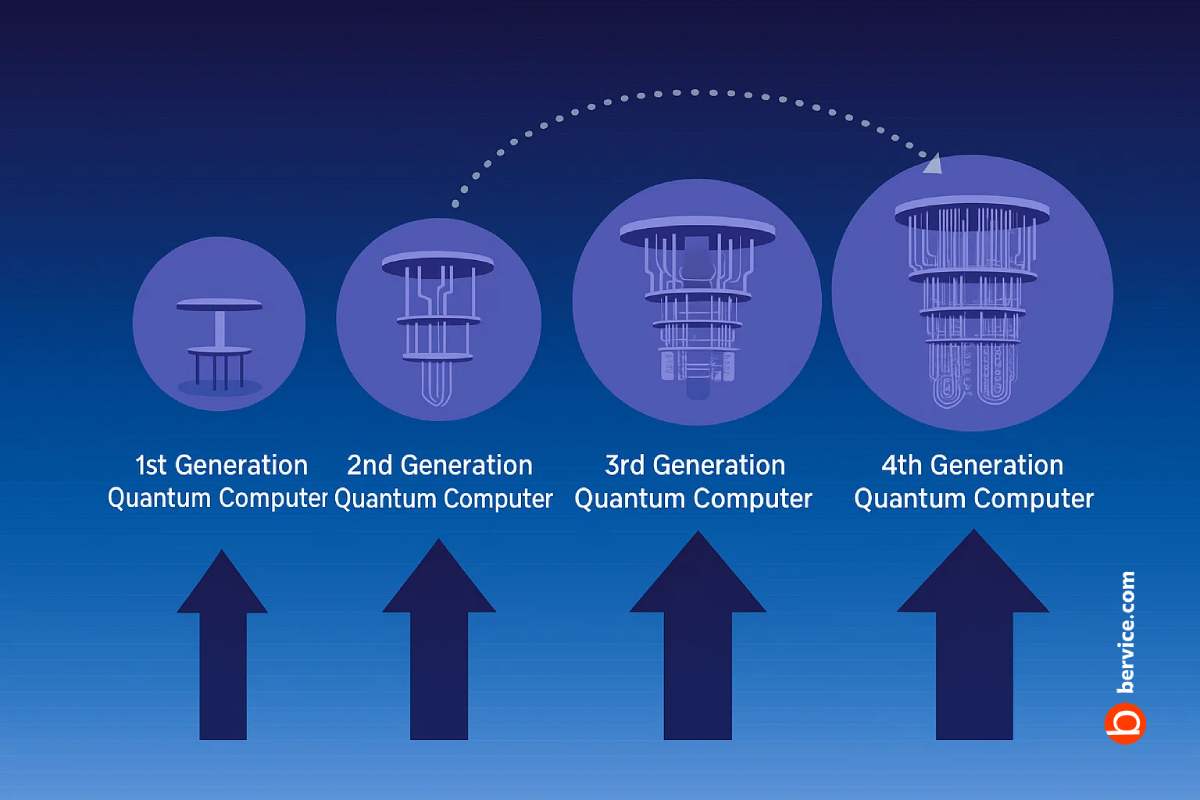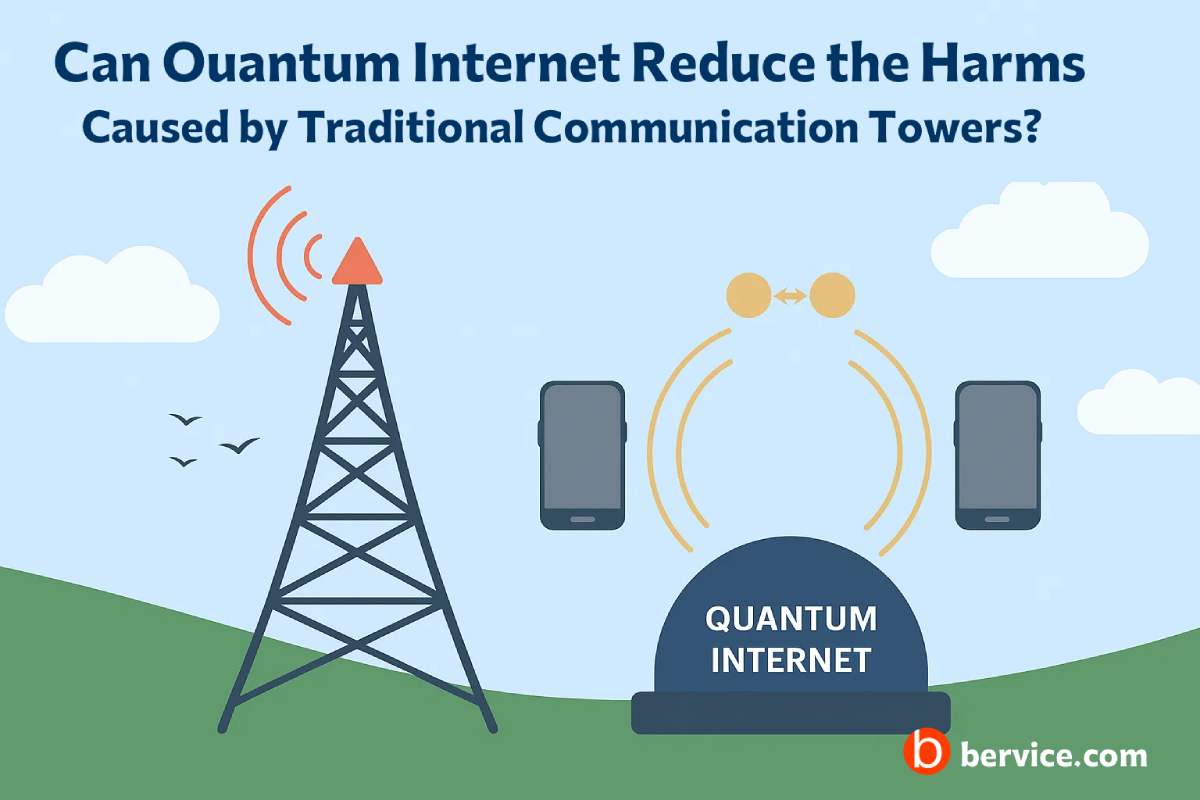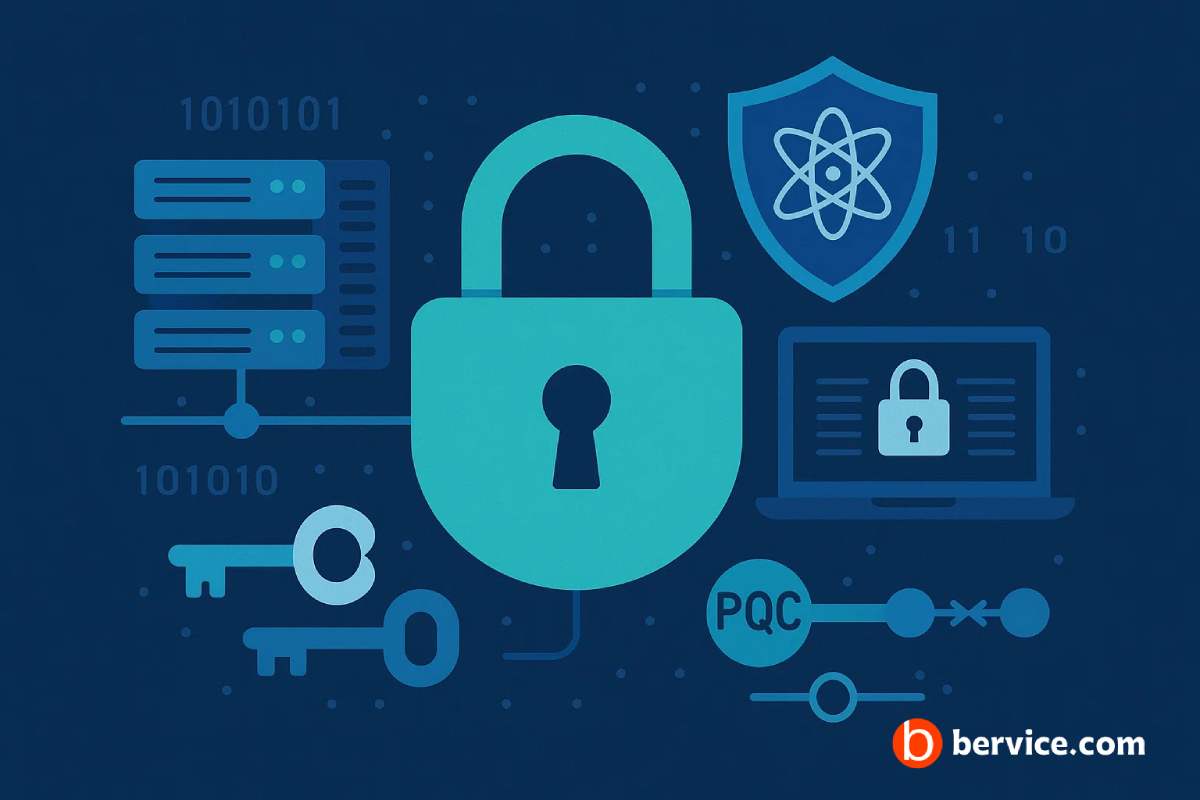
The concept of a quantum internet has garnered significant attention in recent years due to its potential to revolutionize data transmission and security protocols. Unlike classical internet infrastructure, which relies on traditional electromagnetic waves and bits, the quantum internet harnesses the principles of quantum mechanics, particularly quantum entanglement and quantum superposition. This shift offers not only groundbreaking advances in communication speed and efficiency but also promises substantial improvements in data security.
What is Quantum Internet?
At its core, a quantum internet will use quantum bits, or qubits, for information processing. These qubits differ from traditional binary bits in that they can exist in multiple states simultaneously, a phenomenon known as superposition. Additionally, qubits can be entangled, meaning the state of one qubit can instantly affect the state of another, even if they are separated by vast distances. This unique property allows for faster and more secure data transmission, laying the foundation for what could be the next generation of the global internet infrastructure.
Enhancing Data Security with Quantum Internet
The primary advantage of quantum internet lies in its ability to significantly strengthen the security of online communications. Here are the ways quantum technology improves data protection:
- Quantum Key Distribution (QKD):
Quantum key distribution is one of the most promising applications of quantum communication, enabling perfectly secure communication. QKD relies on quantum entanglement and superposition to exchange cryptographic keys between two parties. Any attempt by an eavesdropper to intercept the quantum keys alters their state, making any unauthorized access immediately detectable. This phenomenon is a direct result of the quantum no-cloning theorem, which asserts that an unknown quantum state cannot be copied perfectly. Thus, the security of QKD is fundamentally different from classical encryption methods, where the key might be intercepted without detection. - Unbreakable Encryption:
With the quantum internet, quantum encryption techniques can create theoretically unbreakable encryption schemes. These techniques leverage the properties of quantum mechanics to protect data, offering a level of security that surpasses traditional encryption methods. For instance, quantum-secure encryption ensures that even the most advanced quantum computers cannot decrypt the data without the correct key. This is particularly relevant as quantum computing advances, since it could potentially break current encryption algorithms, such as RSA and ECC, that rely on the difficulty of certain mathematical problems. - Quantum Blockchain:
The security of blockchain networks, which are essential to cryptocurrencies and various decentralized applications, can be significantly enhanced through quantum encryption. Quantum blockchain could leverage the power of quantum computing to make blockchain networks more resistant to hacking, fraud, and tampering. By using quantum-proof cryptographic protocols, quantum blockchains ensure that transactions remain immutable and secure, even in a post-quantum world where classical encryption methods may fail. - Quantum-Resistant Security Protocols:
As quantum computing becomes more viable, existing classical security protocols will become vulnerable to attacks by sufficiently powerful quantum computers. To combat this, researchers are developing quantum-resistant encryption algorithms that will work within both classical and quantum environments. These new protocols aim to protect data from quantum-enabled threats while maintaining compatibility with current internet infrastructure.
The Challenges of Implementing Quantum Internet
While the quantum internet holds great promise for enhancing data security, its implementation is not without challenges:
- Infrastructure Requirements:
Building a quantum internet requires entirely new infrastructure, including quantum repeaters, quantum routers, and specialized communication channels. These components need to function under specific conditions, such as maintaining quantum coherence and managing entangled states over long distances. Current technologies are still in the developmental stage, and scaling up quantum networks to a global level remains a complex problem. - Distance Limitations:
One of the fundamental issues with quantum communication is the distance limitation due to the fragility of quantum states. Quantum information tends to degrade when transmitted over long distances, making it difficult to establish long-range quantum communication without the use of specialized techniques like quantum teleportation or entanglement swapping. - High Costs:
The development and deployment of quantum technologies are still in their infancy, and the costs associated with building quantum communication infrastructure are prohibitively high. Until the technology becomes more mainstream, it will remain expensive to implement quantum networks on a large scale. - Integration with Classical Systems:
The quantum internet will need to work in conjunction with existing classical internet systems. Creating hybrid systems that can seamlessly integrate quantum and classical communication is a significant hurdle. This integration will be crucial for achieving the widespread adoption of quantum technologies while maintaining compatibility with the current internet infrastructure.
Future Outlook
Despite the challenges, the future of quantum internet looks promising, especially in the context of cybersecurity. As quantum communication protocols mature and the global demand for more secure online communication rises, quantum internet will likely play a crucial role in addressing the growing concerns surrounding data privacy and security. The convergence of quantum computing, blockchain, and quantum internet will shape the next generation of digital security, making online transactions, communications, and data exchanges more secure than ever before.
Conclusion
The quantum internet is poised to revolutionize data security by introducing unbreakable encryption methods, quantum key distribution, and quantum-resistant protocols. By overcoming the current challenges in infrastructure and integration, it will provide an unparalleled level of security, crucial for safeguarding data in a world increasingly reliant on digital communication. As we move toward a future where quantum technologies become mainstream, the quantum internet will likely become an essential tool in the fight against cyber threats and data breaches.
This evolution not only underscores the critical role of quantum mechanics in shaping our digital future but also highlights the importance of staying ahead in the race for better, more secure communications technologies.
Connect with us : https://linktr.ee/bervice





